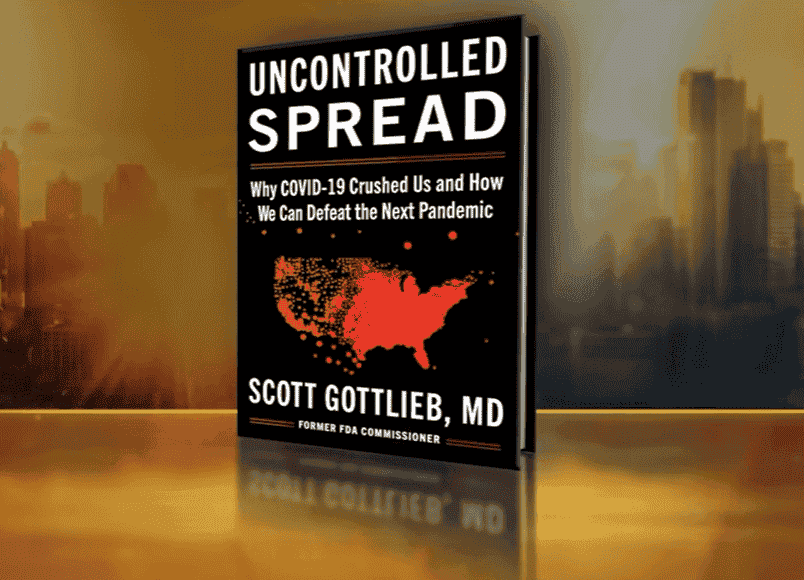An expert recently opined that the United States has to prepare if another COVID-19-level pandemic strikes the country. The expert noted that the Coronavirus pandemic should be used as a lesson for whatever will come next.
Dr. Scott Gottlieb’s Opinion On Readiness
Dr. Scott Gottlieb, the former commissioner of the United States Food and Drug Administration (FDA), released a book called “Uncontrolled Spread: Why COVID-19 Crushed Us and How We Can Defeat the Next Pandemic.” NPR talked to Gottlieb about his book and said he revisited the federal response to the COVID-19 crisis and noted the policies, successes, and failures regarding United States’ pandemic preparation.
Gottlieb’s interview aired on Public Radio Tulsa’s Medical Monday, and below are some of the things he discussed.

Gottlieb’s Thoughts On COVID-19 Testing
In his interview with NPR, Gottlieb said that a big problem during the COVID-19 pandemic was the failure to recognize that Coronavirus was a fast-moving epidemic and that diagnostic testing was essential. However, by the time the country had a testing program in place, the country was already behind and could not diagnose the earliest cases. When there was a more solid testing program, it was already too late as Gottlieb believes the virus was already everywhere, and testing was not a tool that would contain the spread.
Gottlieb Believes Pharmaceutical Manufacturing Sector Can Help
In his book, NPR noted that Gottlieb said the U.S. pharmaceutical manufacturing sector could help prepare the country for the next pandemic. Gottlieb told NPR that the manufacturing sectors should be built, but the government needs to keep them operating. NPR quoted Gottlieb saying, “The example I use is a high-complexity diagnostic lab that may operate 3,000 PCR machines at 80% capacity. That’s maximal efficiency. You can’t operate them all the time. You need some downtime, maybe having 5,000 machines and operating them at 50% capacity. So now you have a surge capacity available. Someone’s going to need to pay for that residual capacity because it’s expensive. So that’s when the government can come in and pay for some residual capacity as a strategic hedge against a bad outcome like a pandemic.”


